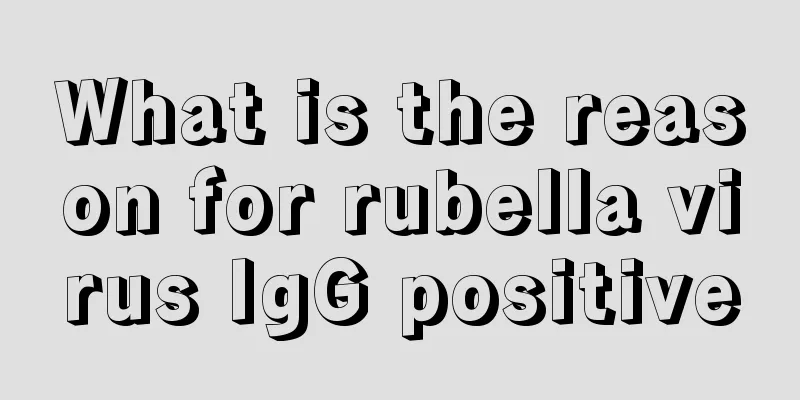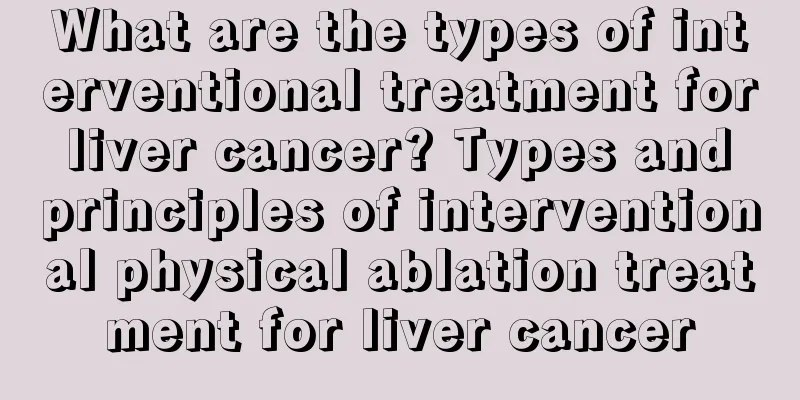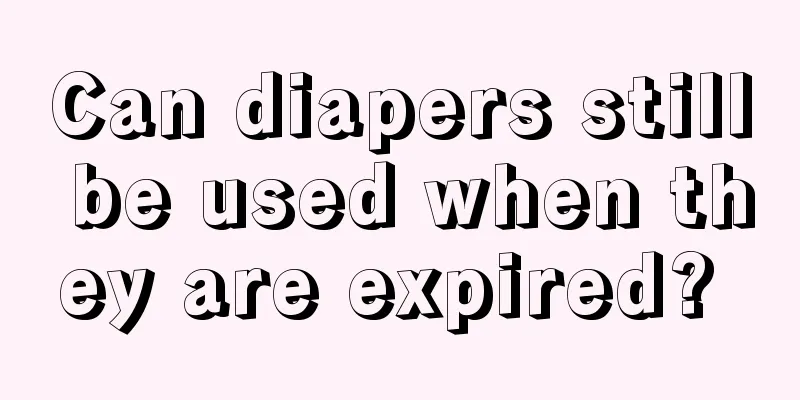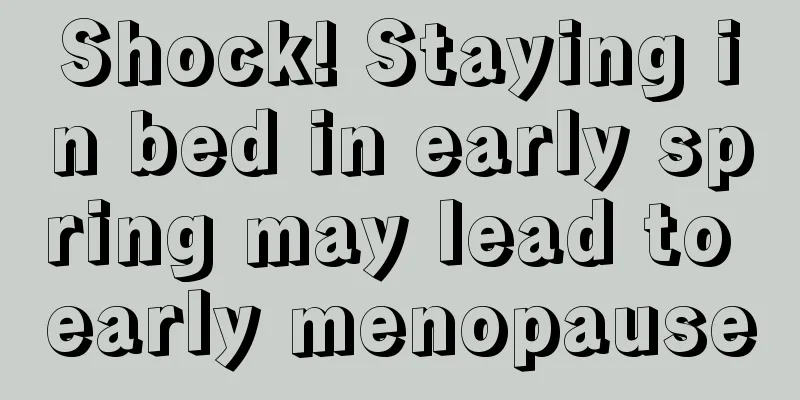Bloodletting to treat insomnia
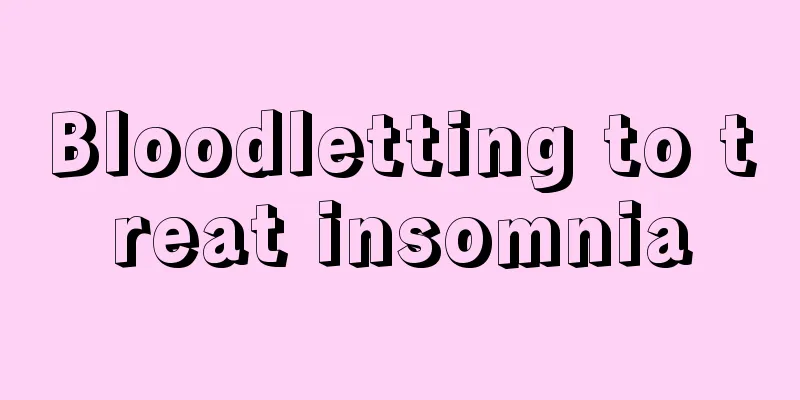
|
Insomnia is easy to develop but difficult to treat. There are many reasons that lead to insomnia, such as encountering quite difficult things. If it is not effectively treated, insomnia will definitely continue to exist. This characteristic causes many people to suffer from insomnia for a long time, which is quite painful. There are many treatments for insomnia. Some people have tried bloodletting to treat insomnia with good results. We can learn about this method. The earliest written record of bloodletting therapy in traditional Chinese medicine can be found in the "Yellow Emperor's Internal Classic", such as "puncturing the collaterals means puncturing the blood vessels in the small collaterals" and "if the blood is old, it should be removed to expel the bad blood." This method is a therapeutic method that releases a small amount of blood by acupuncture certain acupuncture points or small veins on the body surface. The use of bloodletting therapy to treat insomnia is mainly based on the principles of meridians in traditional Chinese medicine. When treating insomnia, you only need to perform acupuncture on the acupoints next to the fingernails to release a few drops of blood. Generally, the treatment is done twice a week. It has little trauma, no toxic side effects, and is usually effective after a few times. What to do if you have insomnia Good at overall planning The feeling of “being in control” can be a great stress reliever in itself. Accepting the things you face selectively rather than passively may make people feel a lot more relaxed. The best way is to make a list according to the importance of things. This can not only provide an overall plan, but also help break down a seemingly disorganized pile of problems into several specific small things, making it much easier to deal with them one by one. As you complete one item, cross it off your list, and the sense of accomplishment you’ll get from doing so will be enough to motivate you to continue doing so. Talk to others when you are confused When "stress-free" people feel confused, difficult or sad, they will always seek help from their friends without hesitation. When things become very difficult or you are in a state of anxiety, confiding in a friend, just the act of talking, can bring relief, and you may even get some good advice. Try to stay positive "Stress-free" people firmly believe that things will always develop in the direction they want. So, always imagine the best outcome with the most optimistic attitude. Everything that needs to be done is already in progress, and even if there is trouble, we will definitely readjust the status quo as quickly as possible. Never delay Don’t put off until tomorrow what can be done today, and don’t put off until several hours later what can be done then. Because many things are left undone, which in itself can cause tremendous psychological pressure. Good at assigning tasks “Stress-free” people never feel that they have to do everything themselves. When it comes to assigning tasks, many people think that it is the job of the boss to his subordinates. In fact, in addition to assigning tasks to subordinates, you can also assign them to your colleagues or partners, or to other service agencies. Take deep breaths every day Daily deep breathing can reduce the perceived stress level by half: straighten your back, relax your shoulders, inhale air deeply into your lungs through your nose, concentrate on feeling the air penetrate every cell, then exhale with all your strength, imagining that the pressure in your body is discharged out of the body along with the airflow. Often fantasize about a better future Encourage yourself with the bright prospects after overcoming this difficult time. “Will I still regret this in a month?” “Will I still blame myself for missing this meeting in a week?” “Will I still be mad at my colleague for embarrassing me five minutes from now?” These assumptions that push situations into the future will surely gradually relieve the pressure in front of you. Know when to say “no” When "pressure-free" people feel that they are unable to do so, they will firmly say "no". "I'd love to help you, but I have other things to do." When they are unable to do so or are unable to do anything, "stress-free" people will not try to show off their abilities. When you reject someone, you don't have to explain the reason clearly. |
<<: How to quickly become an alkaline physique
>>: Morita therapy for insomnia
Recommend
How to clean the medicated tape stuck to the skin
Adhesive tape is widely used in hospitals. It is ...
How to make hair thicker and denser
Women all want their hair to be thick and full, w...
The causes of ovarian cancer can be divided into the following aspects
Women suffering from ovarian cancer make many fem...
Does the wound heal after the anal fistula is cut?
Anal fistula is a common disease. Suffering from ...
Involuntary twitching of thigh muscles
The phenomenon of involuntary twitching of the th...
The difference between Wushi Tea and Isatis Root
Many people are very familiar with Isatis root, b...
Large red spots suddenly appeared on the body
Large patches of red spots suddenly appear on the...
Is itchy soles caused by liver cancer? To avoid liver cancer, you need to pay attention to these
Liver cancer is a very harmful malignant tumor di...
Principle of using toothpaste to repair glass scratches
Toothpaste has the effect of repairing glass scra...
How long can you live after surgery for mid- to late-stage colorectal cancer
Intestinal cancer is a malignant lesion of the ga...
There are three signs that you should be more afraid of in the late stage of esophageal cancer
There is usually no such thing as the "best&...
It feels like something is pressing against my chin
The chin can modify people's face shape and m...
Is it safe to swallow toothpaste?
Every day when we clean our mouth, we use toothpa...
How long can you live without chemotherapy in the late stage of ovarian cancer
Ovarian cancer is a relatively serious disease an...
How much does it cost to diagnose glioma
How much is the cost of diagnosing glioma? Nowada...


